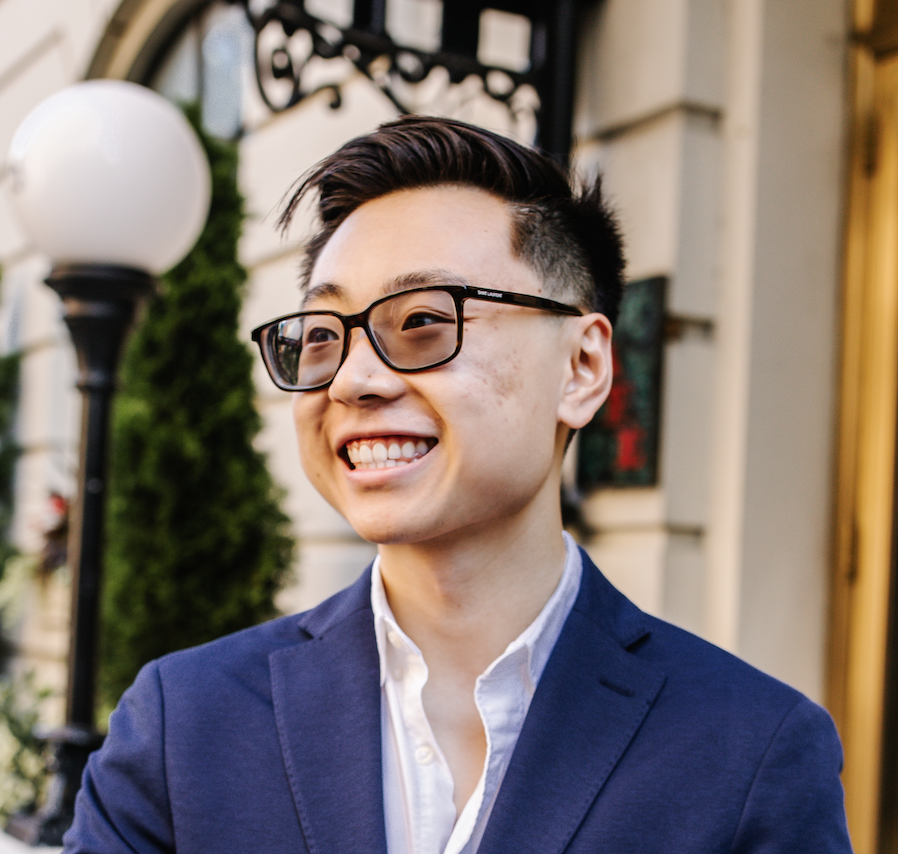Michael Y. LiHi, I'm Michael! I'm a CS PhD student at Stanford, advised by Noah Goodman and Emily Fox. I received my undergraduate degree from Princeton (summa cum laude, Phi Beta Kappa), where I was fortunate to work with Tom Griffiths and Ryan Adams. I’ve also spent time in tech and quant research. Email / GitHub / Google Scholar / LinkedIn |

|
ResearchThese days, I work primarily on reasoning. Before that, I worked broadly in statistical machine learning. If you are a Stanford student interested in doing research with me, feel free to reach out at firstname.middle_initial.lastname@stanford.edu! |
Automated Hypothesis Validation with Agentic Sequential FalsificationsKexin Huang*, Ying Jin*, Ryan Li*, Michael Y. Li, Emmanuel Candès, Jure Leskovec ICML, 2025 paper LLMs + sequential hypothesis tests with Type-I error control |
BoxingGym: Benchmarking Progress in Automated Experimental Design and Model DiscoveryKanishk Gandhi*, Michael Y. Li*, Lyle Goodyear,Louise Li, Aditi Bhaskar, Mohammed Zaman,Noah D. Goodman NeurIPS Workshop on Scaling Environments for Agents, 2025 paper A benchmark for LLM driven experimental design and model discovery |
CriticAL: Model Criticism Automation with Language ModelsMichael Y. Li, Noah D. Goodman, Emily B. Fox NeurIPS Statistical Foundations of LLMs and Foundation Models Workshop, 2024 paper Automated Bayesian model criticism. |
What Should Embeddings Embed? Transformers Represent Latent Generating DistributionsLiyi Zhang, Michael Y. Li, Thomas L. Griffiths preprint, 2024 paper We study the embeddings of transformers through the lens of predictive sufficient statistics. |
Automated Statistical Model Discovery with Language ModelsMichael Y. Li, Emily B. Fox, Noah D. Goodman ICML, 2024 paper We propose a language model driven automated statistical model discovery system. |
NAS-X: Neural Adaptive Smoothing via TwistingDieterich Lawson* Michael Y. Li*, Scott W. Linderman NeurIPS, 2023 Advances in Approximate Bayesian Inference, 2023 [Oral Presentation] paper website Twisted Sequential Monte Carlo for inference in latent variables models. |
Why think step-by-step? Reasoning emerges from the locality of experienceBen Prystawski, Michael Y. Li, Noah D. Goodman NeurIPS, 2023 [Oral Presentation, top 0.5%] paper We empirically and theoretically study when chain-of-thought reasoning emerges in large language models. |
Gaussian Process Surrogate Models for Neural NetworksMichael Y. Li, Erin Grant, Thomas L. Griffiths UAI, 2023 paper Using Gaussian processes to approximate neural networks. |
Learning to Learn FunctionsMichael Y. Li, Fred Callaway, William D. Thompson, Ryan P. Adams, Thomas L. Griffiths Cognitive Science, 2023 paper We propose hierarchical Bayesian models of how people learn to learn functions and validate our model in behavioral experiments. |
|
Design and source code from Jon Barron's website |